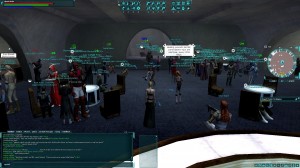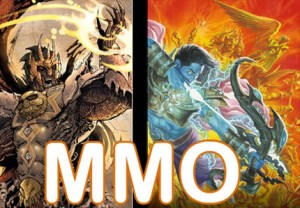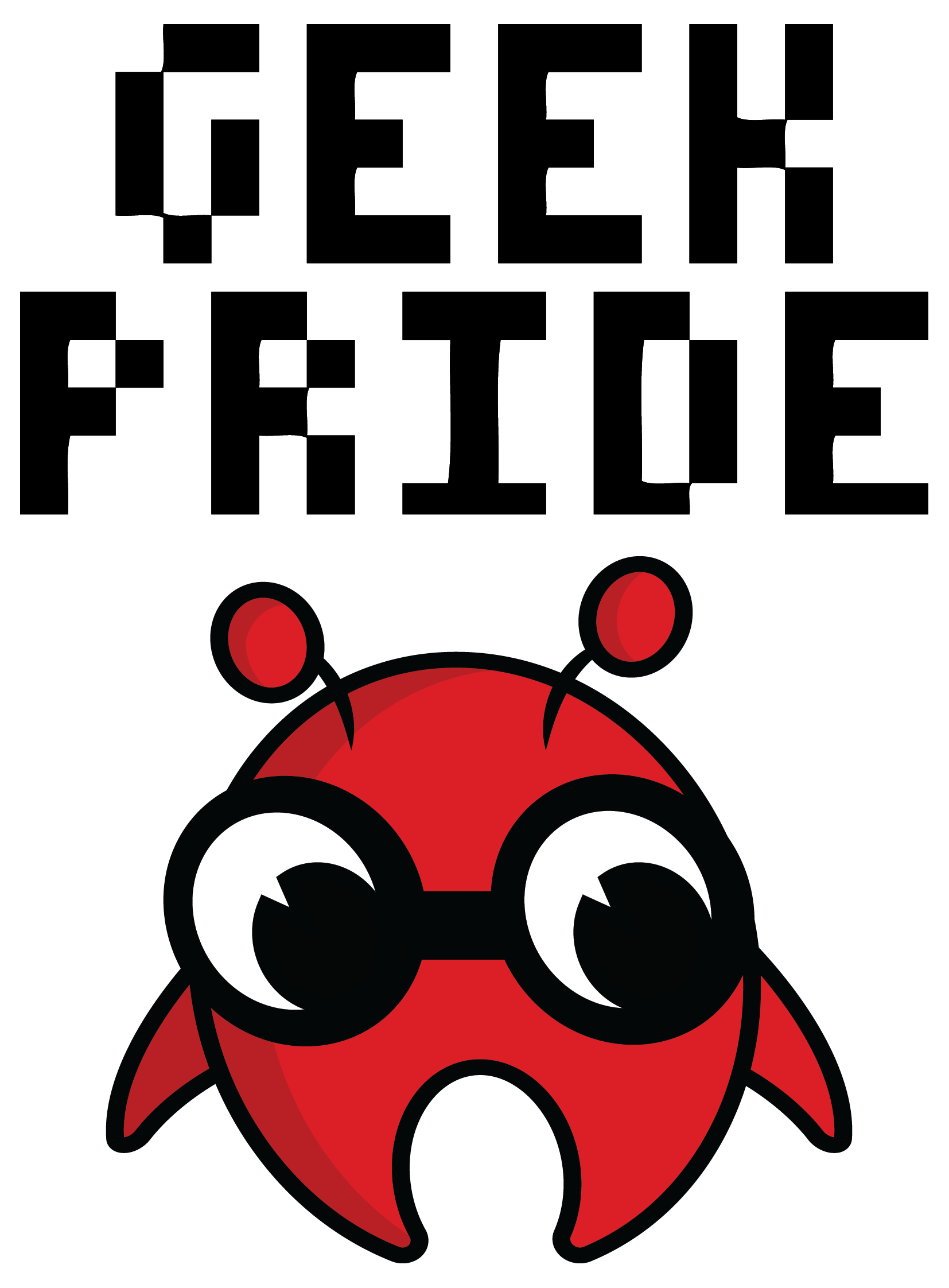About ten years ago (give or take a decade) there was one genre of PC game that epitomized geekdom. That genre was the MMORPG. The refuge of the socially awkward and the morbidly obese (according to the popular press) these addictive online games thwarted the ambitions of students (who ended up spending hundreds of hours in Azeroth instead of at the library) and led to young mothers neglecting their young – much like this nasty sucker: Monster Bird!
Of course, the appeal of the MMORPG (now shortened to MMO) was more complex than pure escapism. And anyone who’s spent any significant amount of time playing these games will attest to the firm friendships they’ve made with real people. My own gaming clan extends as far back as 2004. Our members meet regularly to watch the latest Peter Jackson movie or to simply shoot the shit – coming from as far afield as Sweden, Germany and South Africa. So why are so few of us playing MMOs nowadays? Why do the games that brought us together no longer excite our collective imagination?
Don’t get me wrong, some of us still do play MMOs and I’m willing to bet those that do would attest to the fun they’re having in games like Guild Wars 2 and SWTOR. But there’s no denying it’s getting harder to galvanise our entire community into playing the latest massive RPG. There’s a sense that we’ve seen it all before; the treadmill of questing and dungeon runs has started to sour. The current crop of games seem cooked up by lazy chefs, working to a recipe book written 15 years ago. They’ve garnished their dishes, making them look fancy, but the core menu remains the same.
How is this different to any other genre of video game? Simply put – the reason MMORPGs appealed to us back in the day was because they promised so much. There was a time before WOW when designers like Raph Koster aimed to create much more than multiplayer theme parks – they aimed to create virtual worlds where players interacted on a meaningful level. Building, trading, socializing. What have we ended up with instead? A levelling treadmill.
Repeated – in game after game after game.
Why does this matter? Why do we constantly expect designers of MMOs to be innovating and changing things up? And why are we so crushingly disappointed when they fail to do that? After all, we don’t kick up a stink when the latest GTA game features driving around in cars and beating up hookers again, do we? It’s because we caught a glimmer of the heights that MMOs could reach with games like Asheron’s Call and Star Wars Galaxies and for a brief moment in the early 2000’s it seemed like we were on the verge of something really special.

Actually, the change in acronym is useful here. It’s not MMORPG anymore – it’s MMO. The “Role Play” been excised. You’re not immersing yourself in a role any more – you are series of stats augmented by the gear that forms your character’s super-objective. Stopping for a moment to speak, to interact, is now positively counter-productive. There is no loot to be gained from meaningful conversation. Once you’ve learned your role in a group there’s little left to do but spam those heals and hold that aggro. Soon enough you’ll be rewarded with your “Massive Helmet of Ultimate Cock”. Maybe after the dungeon crawl is over you can talk to it? But it wont talk back. Trust me, I’ve tried.
Put simply, we’re tired of the same old shit. Even the mighty WOW is beginning to feel the pinch: http://techland.time.com/2013/05/09/the-inexorable-decline-of-world-of-warcraft/
Other games have tried to innovate – but in the wrong way entirely. SWTOR with its story lines (turning massively multiplayer into massively single player) and even Guild Wars 2 – where it’s no longer important to talk – just run into an area and you’ll be grouped up with strangers. Feel the thrill of a bunch a mute characters whacking things quite close to each other. It’s not hard to see how it happened though – innovation is risky and there are millions of dollars at stake.
Maybe that’s why it’s taken a game like Minecraft to remind triple-A developers that gamers are open to more (they even desire more) than quest lines involving ten tired rats. And maybe only an indie developer like Mojang could have done it. Notch had nothing to lose. The phenomenon that is Minecraft could be seen as a huge collective sigh of relief for those of us who felt straight jacketed by the same-old game mechanics.
But since this post is called “The Fall (and Rise?) of the MMO” I might as well say that I feel we’re at a turning point. Largely fuelled by indies still (Chucklefish’s Starbound is a game I’m really looking forward to) but it seems like big name developers are starting to pay attention too. SOE’s announcement of EverQuest Next is significant for instance. And even if the game falls far from the hype the effect of 20 million Minecraft sales on SOE’s approach to the latest iteration of a core franchise is obvious. Maybe the past ten years were just a hiccup? A bump in the MMO road? I live in hope…
Dear MMO(RPG) Dev,
Give us a reason to interact. Give us an immersive environment and the emotes to react to it. And for god’s sake – live up to the promise of what an MMO should be; a truly social, virtual world.






